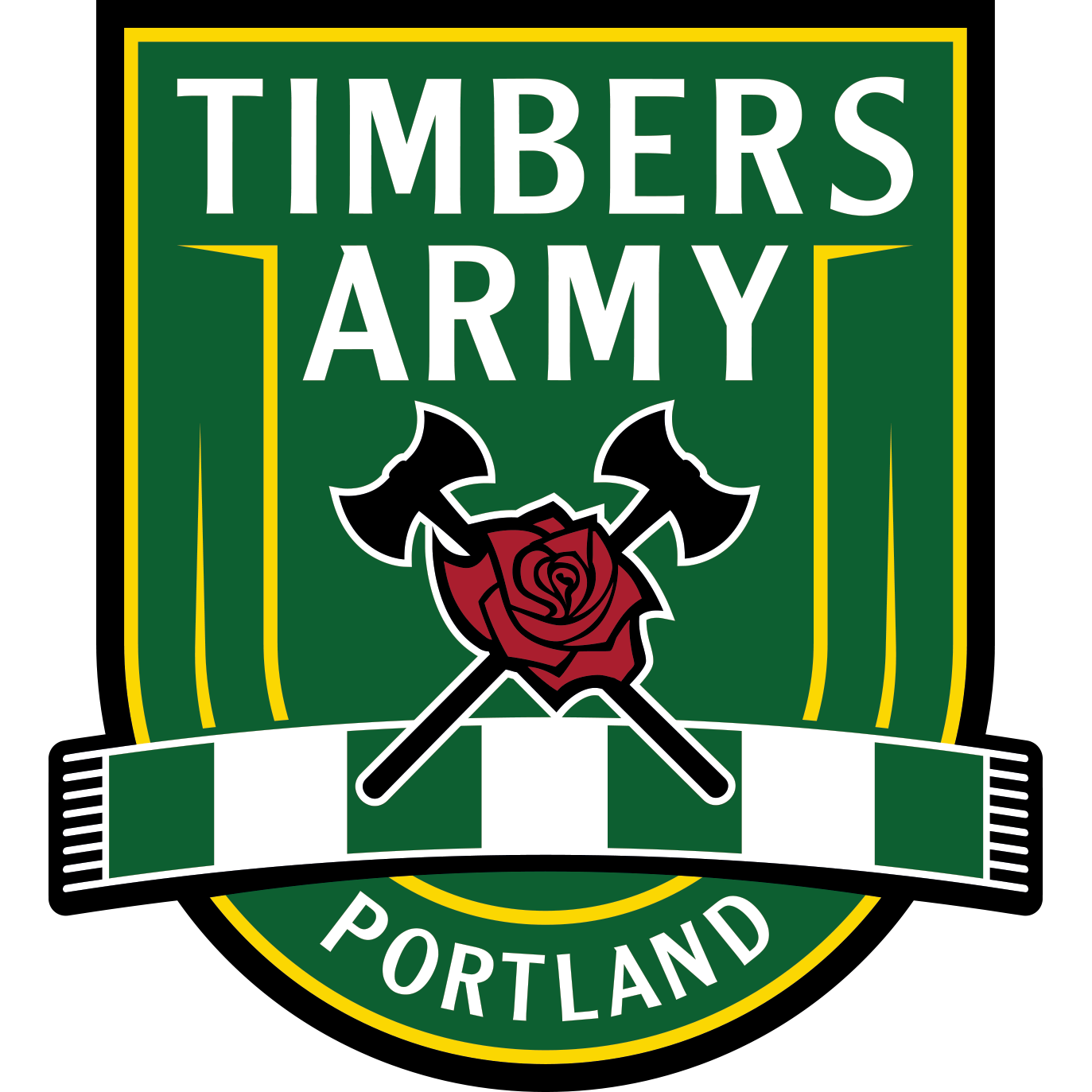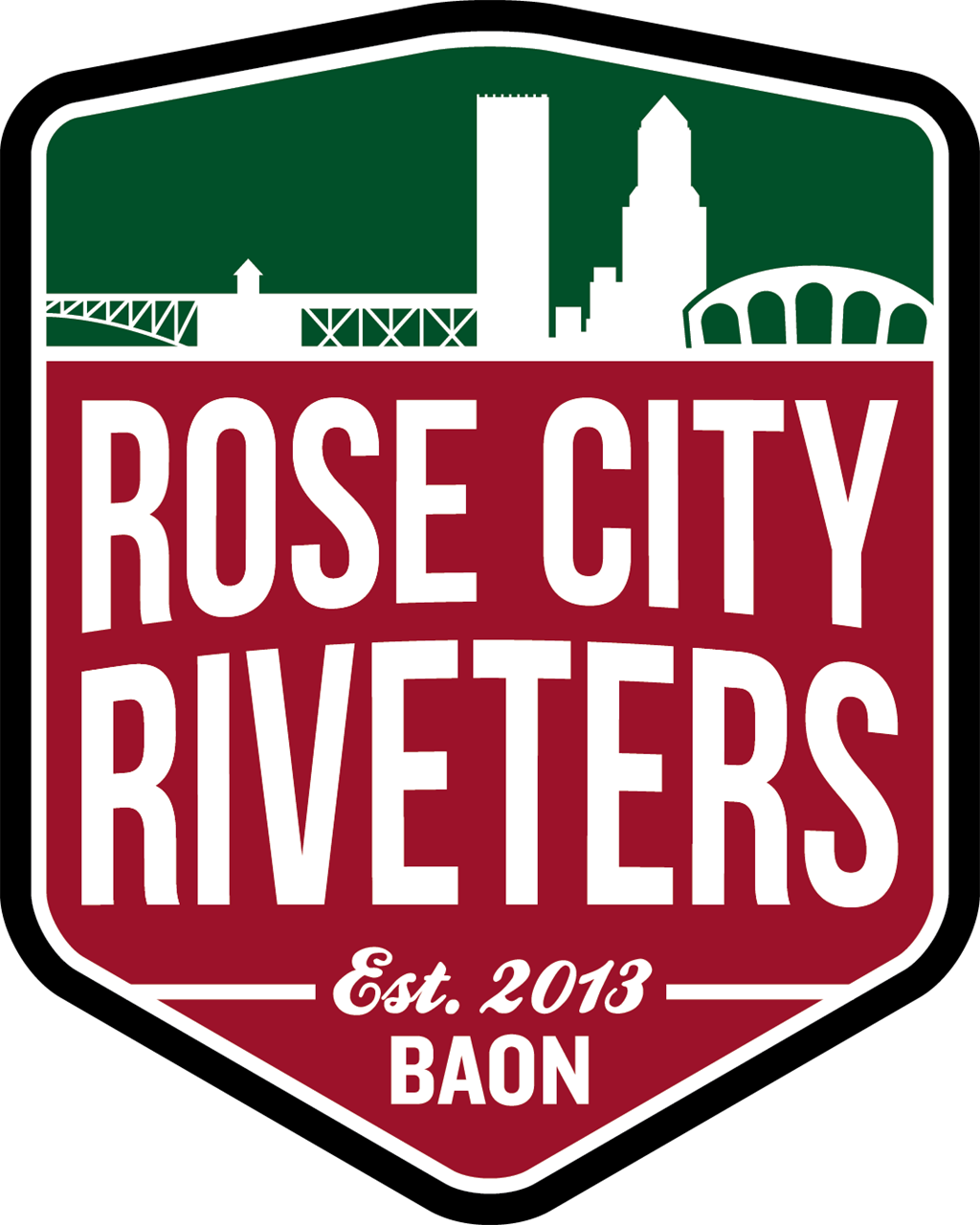—by Chris Rifer
One year ago today the Portland Timbers hit rock bottom. While there were more embarrassments to come in 2012, five hundred twenty-five thousand, six hundred minutes ago the Portland Timbers lost to Cal FC. Given where the Timbers stand today, second in the West on 22 points, coming off a 5-1 U.S. Open Cup 3rd Round victory, how can we measure the year since Cal FC?
The feeling standing in the North End on the evening of May 30, 2012 was one of numb disbelief. What we’d just seen was impossible. The Timbers, a team with once-reasonable playoff ambitions, had unleashed 37 shots – 15 on frame – on Cal FC, a U.S. Adult Soccer Association side, and come up empty in a mind boggling 1-0 extra time defeat. Everything that could go wrong did go wrong. And then some.
Merritt Paulson tweeted an embarrassed apology and the dreaded vote of confidence in John Spencer. To that point the results had been poor, but not disastrous. But after the stunning loss to Cal FC, the Timbers’ season went from disappointing to disastrous. Six weeks later Spencer was gone. And the rebirth of the club began in earnest.
Looking back, the firing of Spencer was at once unfair, bold, and brilliant.
Appointed on August 10, 2010, Spencer had been at the helm of the club for a day less than 23 months when he was let go on July 9, 2012. He had managed exactly a season and a half of regular season football. By any definition, the hook that yanked him from the sidelines was quick. So quick, in fact, that Spencer didn’t truly have time to fully develop his vision for the club.
Paulson must have known that the criticism for firing Spencer would be intense. As it turned out, it came from every direction. Any number of pundits objected to the swiftness of Spencer’s firing. Supporters chafed at the promotion of Gavin Wilkinson to interim manager. Kris Boyd, the offseason’s splashy multimillion dollar signing, could barely contain his disappointment, and faded from stardom to irrelevance.
It was not the string of poor results that was the proximate cause of Spencer’s undoing. Viewing his year-and-a-half as a whole, Spencer’s results were mediocre, but not disastrous. In 2011, the Timbers finished just four points out of the playoff picture, having preserved their postseason hopes until the second to last round of fixtures. At the time of his firing, the Timbers sat, again, four points off the playoff pace with a big home match against the as-yet underwhelming L.A. Galaxy.
But, as the Cal FC embarrassment showed, the Timbers were afloat. They had decent talent, but no guiding philosophy. The system was ambiguous, at best. The tactics were lacking. The coach was a good motivator of players, but what, exactly, was he motivating them to do?
Ultimately that’s led to Spencer’s dismissal. And that is also what required immediate attention from the front office.
Seven weeks later Caleb Porter was hired, even if he wouldn’t formally join the club in Portland until December. Moves were made, even if not all popular. Experiments were run, permitting the reemergence of Bright Dike. And slowly results started to improve, culminating in the return of the Cascadia Cup when the Timbers captured their first away win of 2012 – in their last away fixture – by shocking the Vancouver Whitecaps 1-0.
As we stand here a year later, the decision to relieve Spencer of his duties was brilliant. It would have been easy to ride out the rest of 2012 with Spencer at the helm, endure some disappointing results, and part ways during the offseason when there would be any number of ready and willing candidates. Given two full seasons at the helm, one that fell well short of expectations, and an abysmal road record, there would have been fewer cries of a quick hook from Spencer supporters.
But the rebuilding needed to begin immediately. And beginning that process in June paid considerable dividends in December.
On December 3rd, just two days after the MLS Cup Final and on the day the MLS transfer window opened, the Timbers made what may wind up as the most consequential move in their MLS history by bringing Will Johnson in from Real Salt Lake. The same day Michael Harrington was acquired from Sporting Kansas City, and a week later Ryan Johnson from Toronto FC. When, on January 10th, the Timbers brought Diego Valeri in on loan from Lanus, the Timbers had already assembled most of the key pieces of a major overhaul.
This swift movement gave the Timbers the vast majority of camp to get acquainted with each other, their new coach, and the new system. While the road wasn’t always smooth – especially with respect to the defense, which was still very much a work in progress on opening day – by the time Houston came to town on April 6th, the Timbers were in a form that was unimaginable on that ill-fated May evening a year ago.
It’s likely very little of this would have happened if the Timbers had spent the months of November and December resolving their coaching situation. Rather than joining the Will Johnson Sweepstakes,[1] or plotting to turn Joe Bendik and the 3rd pick in the SuperDraft into Ryan Johnson and Milos Kocic, the Timbers would have been largely in a holding pattern while they looked to fill the downstairs office.
While there are any number of moments that precipitated the radical changes the club began in the summer of 2012, the loss to Cal FC was the first time it was clear the wheels had fallen off the wagon.
After Cal FC, the club went into the tailspin that would eventually lead the Timbers to where they are today.
Perhaps nothing symbolizes the progress the club has made in a year than Wednesday’s dominant win over the Wilmington Hammerheads of USL Pro. What the Spencer-led 2012 Timbers couldn’t do in 120 minutes, the Porter-coached Timbers did in two. And seventeen. And thirty-four. And forty-five. And seventy-three.
While the Timbers still have work to do to reach the top of North American soccer, standing in the North End five hundred twenty-five thousand, six hundred minutes ago, it was impossible to envision the Timbers being where they are right now. However you measure a year, this one has been a year of immense change and growth for the Timbers.
Onward, Rose City!
[1] When RSL were shopping they had a number of offers from teams that they presented to Johnson, who ultimately chose Portland. If the Timbers weren’t posturing for big moves in November because they were sorting out their next manager, it’s unlikely they could have landed Johnson.


